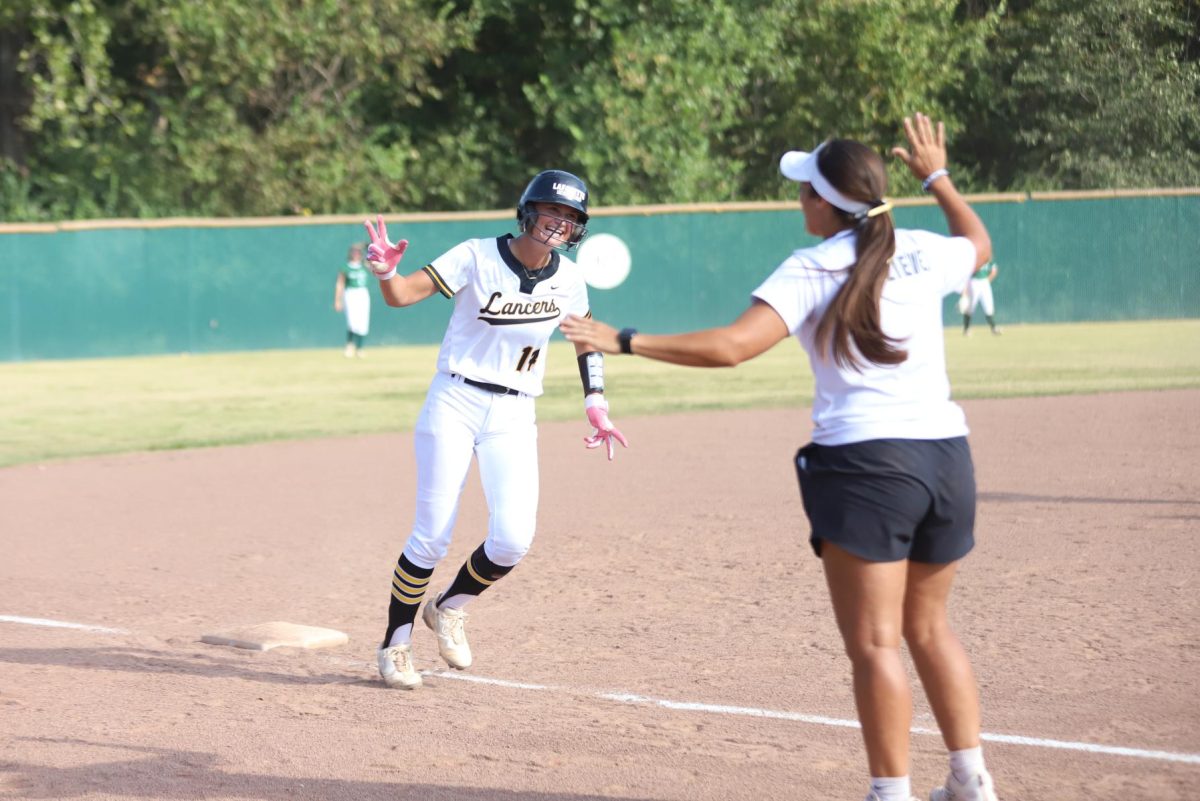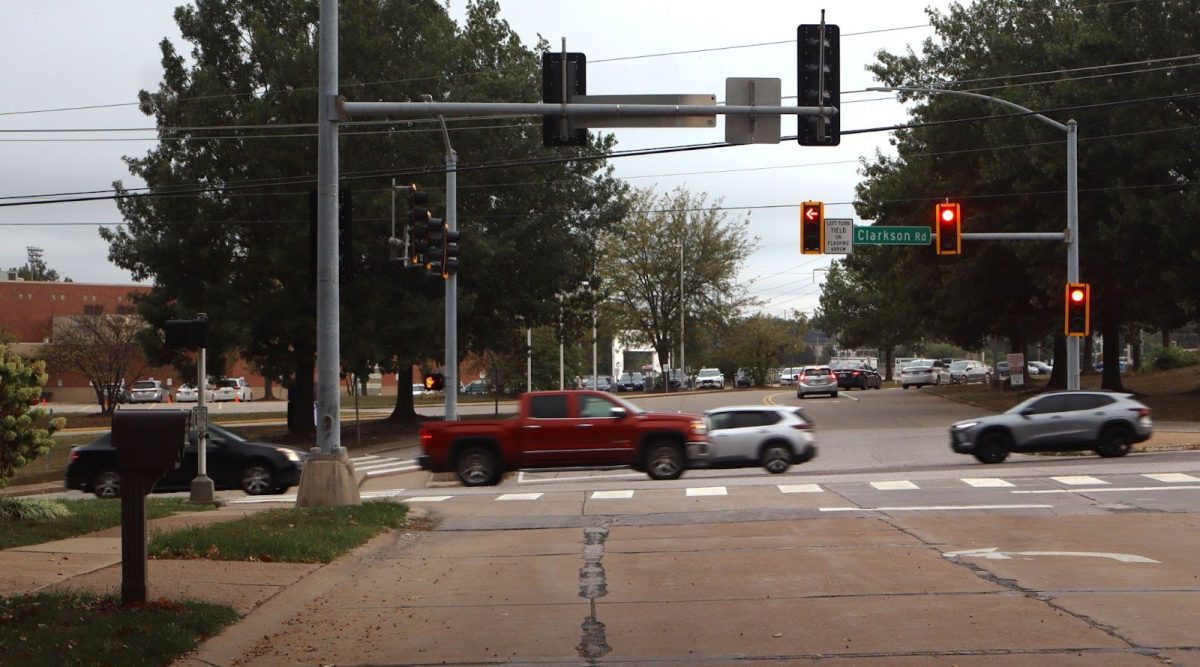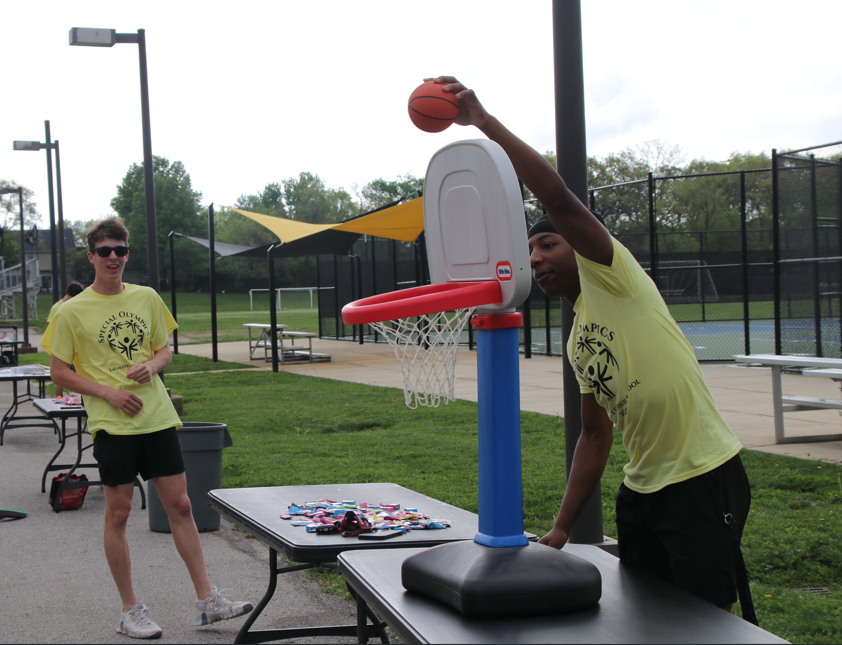Opinion: Trigger warnings benefit mental health
January 10, 2020

*Trigger warning: this article mentions suicide, rape*
This past summer, I was playing in a lacrosse tournament up in Chicago. My team was playing a team from Florida. No big deal, the only thing that sucks about that is that they have to wear headgear, I thought. As I looked closer, I was able to catch the school name on her headgear.
Marjory Stoneman Douglas.
The school where 17 students and teachers were murdered. I immediately thought “What if someone hits the crossbar, and it sounds enough like a gunshot? Will she breakdown?”
The reality of the world today is that many teenagers experience trauma, be it from gun violence, mental illness or sexual assault.
Flashbacks to traumatic events can cause regressions in a person’s mental well-being. The internet has made it harder for people to actively avoid triggers by having a nearly nonexistent filter and posting harmful content such as animal cruelty.
The general population has lost a filter due to the influence of the internet. World leaders exchange expletives, teens are exposed to pornographic material at increasingly younger ages and the internet has desensitized humor through its rampant meme use.
Not all of the internet is bad, though. The anonymity internet can provide has created outlets for many to stand up against abusers and rapists and can act even as a platform for social change. It has also helped point out religious extremism and government corruption, such as the Chilean government creating unnecessary violence in response to protesters they didn’t approve of. The quick spread of important information is crucial to a successful society.
When it comes to teenagers, though, information goes out too quickly, often before they can think about what they are posting and the effects it can have on others. Teens often don’t think twice about the content they post, assuming it is healthy for everyone.
So, when news of a death in the community surfaces, students are quick to post memorial posts on social media.
Should you mourn a friend? Absolutely. Should you advocate for mental illness awareness? 100 percent. Should you keep in mind how this affects others’ mental state? Yes, and I would argue that this is the most important step.
 Often, teens blurt out things. One of my friends was mourning a loss and shared a graphic description of her death in a group chat. The description was horrid and brought up on multiple occasions. Again, I was frozen in time, faced with the fact that the event had triggered a regression in my mental state.
Often, teens blurt out things. One of my friends was mourning a loss and shared a graphic description of her death in a group chat. The description was horrid and brought up on multiple occasions. Again, I was frozen in time, faced with the fact that the event had triggered a regression in my mental state.
I witnessed her breakdown while doing everyday activities. She would be functioning normally, and then, all of a sudden, she would stop and just cry. Yes, it hurts to see someone you care about hurt that much, and yet when these things happen, the social media response is superficial.
Often times, after a catastrophic event like a suicide, teenagers take to social media and spark an outcry for mental illness awareness.

The superficiality comes into play when they say, “Oh, always reach out to me if you need anything. Mental health is so important!” yet fail to practice it in their day to day life. These people generally only seem to care once the unthinkable happens.
One way to better our daily treatment of those with past trauma is being more aware of the words we use on a daily basis.
A lot of people, both those with and without mental illness, frankly dislike hearing about deaths or traumatic events. While most of us can recognize that it is a coping mechanism, it is ultimately unhealthy to be unexpectedly exposed to.
The overarching problem can be fixed, though. Advocates can use trigger warnings in their posts in order to create a healthy social media environment.
Something as simple as a warning can prevent someone’s day, week or even month from spiraling downward. I assert that, yes, not all triggers are avoidable, but it is important for those with mental health issues to actively avoid harmful content.
Instagram and Twitter alike have introduced “sensitive content” warnings on questionable posts. This barrier helps many people avoid disturbing content. As with all on the internet, the current filter system is not foolproof and there is a lot more content being posted than can be monitored. It’s ultimately up to the poster to attach their own warning.
For things that don’t have clear warnings, such as movies and television shows, people are left to come up with their own solution: crowd-sourcing. One website, “Doesthedogdie,” offers “crowd-sourced movie spoilers that help people avoid triggers for sexual assault, domestic violence and other upsetting topics.”
While the current atmosphere isn’t conducive to a positive mental health situation, there are things that can be done in daily social media usage, such as the use of trigger warnings, to make the internet a better place for humans.
































![Although being only one of the two oboe players in the school, freshman Elise Morton said she will continue playing the instrument throughout high school. “[Playing the oboe] makes me feel special because I know I'm playing a rare instrument and I love having a challenge because there’s something to improve on and get even better,” Morton said.](https://lancerfeed.press/wp-content/uploads/2024/05/Elise-Morton-Featured-Photo-300x200.jpg)

